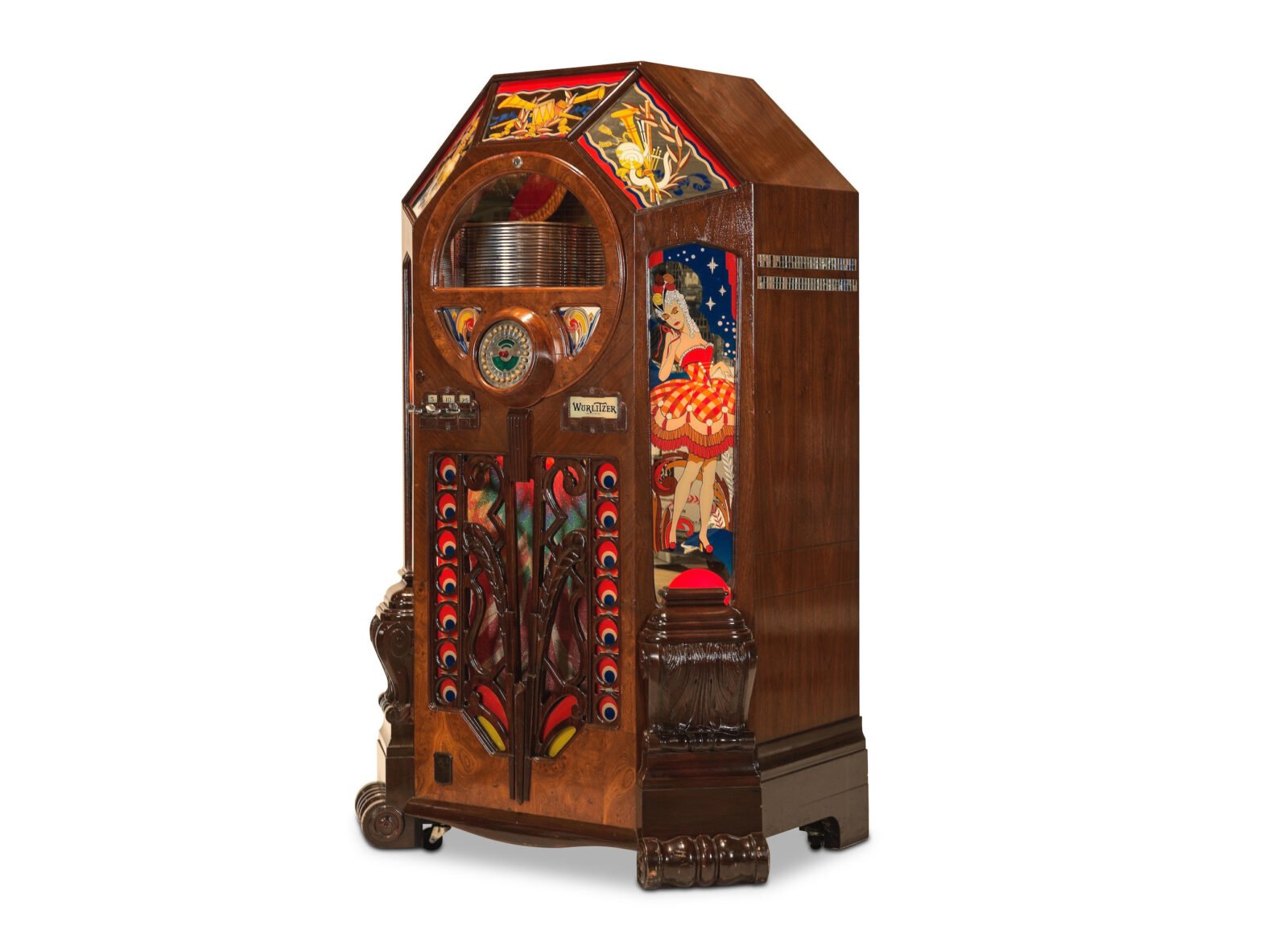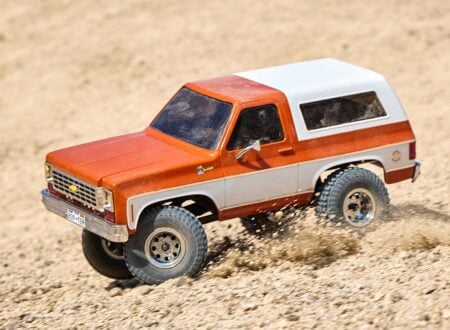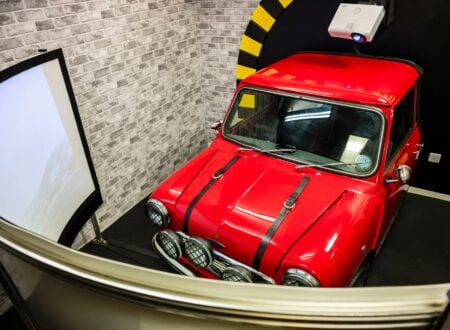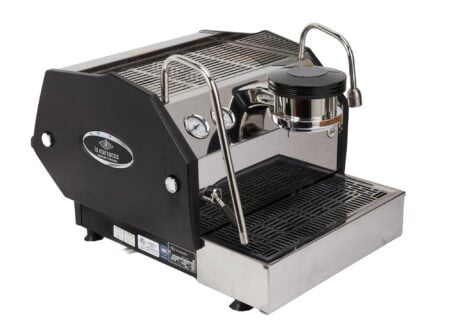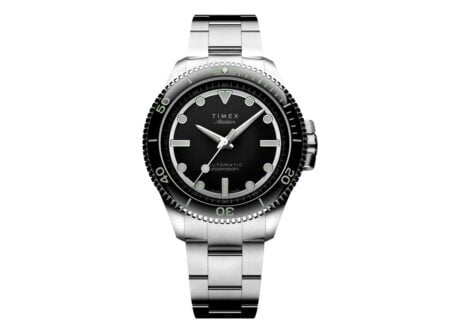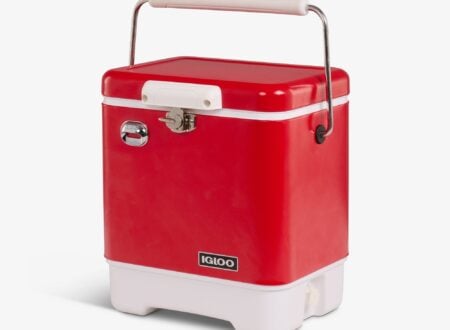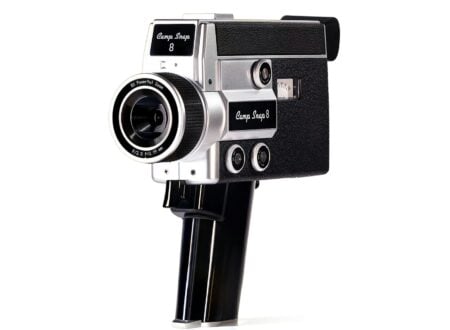This is a rare World War II-era Wurlitzer Juke Box, it was called the “Victory” model as it was built after the Japanese attack on Pearl Harbor when the United States had joined the war.
The fact that it was built during the war is also the reason it’s mostly made of wood, as metal was needed for military vehicles, equipment, and munitions. Surviving Wurlitzers from this era are rare, even more so if they’re in good working condition.
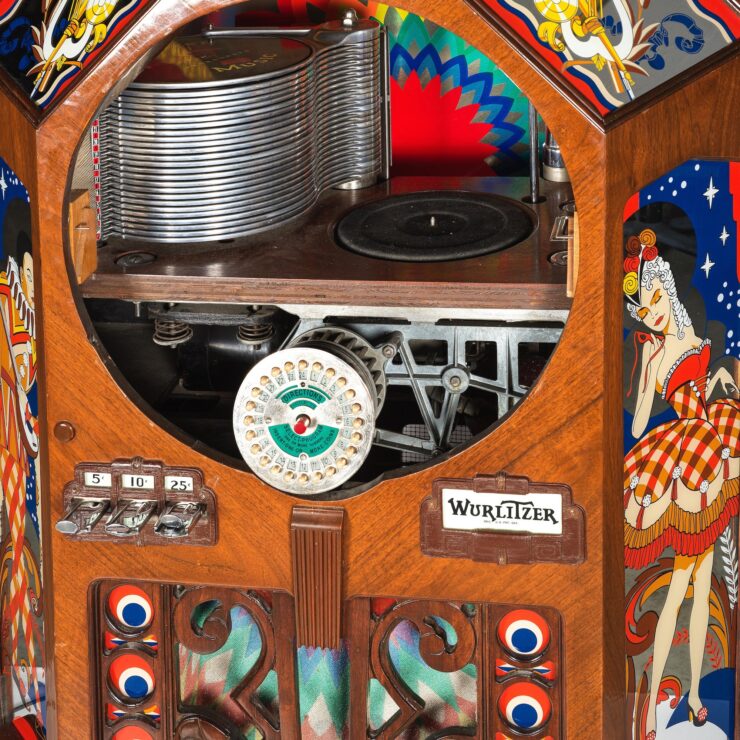

A History Speedrun: Wurlitzer
Wurlitzer, officially called the Rudolph Wurlitzer Company, would become famous around the world for their distinctive juke boxes, but the company had actually started out almost a century earlier as a musical instrument importer, then as a musical instrument manufacturer in Cincinnati, Ohio.
The company was founded by German immigrant Franz Rudolph Wurlitzer in 1853 who started out importing Wurlitzer-branded musical instruments from the Wurlitzer family in Germany. Business was booming, and the company soon began to manufacture instruments locally in the United States, eventually shifting operations to North Tonawanda, New York.
Interestingly, the U.S. Military would be the largest early client, ordering vast numbers of musical instruments during the American Civil War and then the Spanish-American War.
By the late 1800s carnivals and fairs had become popular and there was a need for much louder instruments as a result, the fairground organ or “barrel organ” became a best-seller, with Wurlitzer right there building and selling them.
The arrival of WWI meant that essentially all Wurlitzer instruments needed to be made in the United States due to the obvious implications of importing them from Germany. Wurlitzer built a large new factory, and from this point on essentially all of their instruments were made locally.
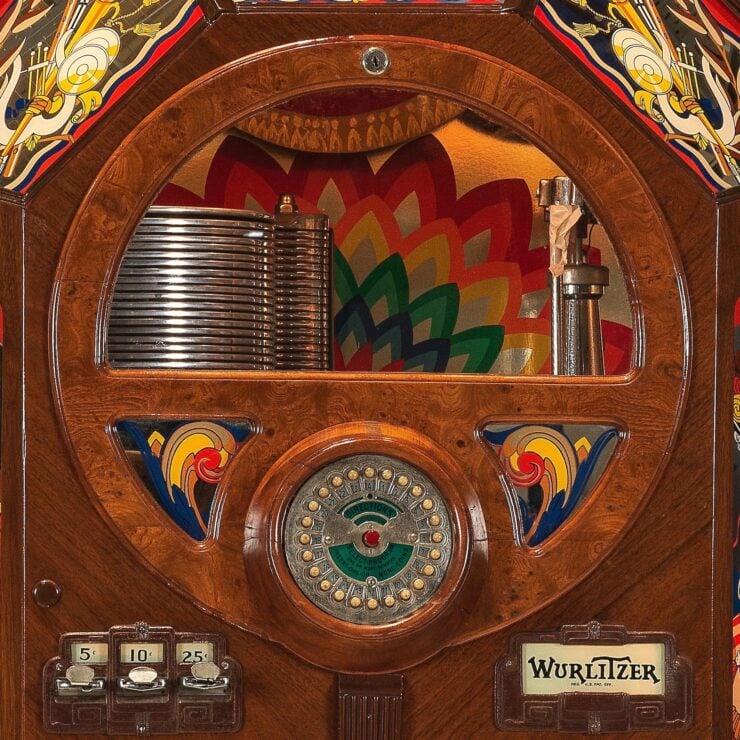

In the 1930s the Wurlitzer name slowly became better-known for juke boxes, as they were one of the largest manufacturers of them in the country. As juke boxes replaced the band in many bars and clubs, Wurlitzer became a generic name for juke boxes, whether they were made by the company or not.
Later in the 20th century Wurlitzer juke box operation would be bought out and moved to Germany, but it would later be bought by the Gibson Guitar Corporation and moved back to the United States.
Sadly, by 2013 the demand for juke boxes had dropped so low that all production ceased, however they do produce spare parts required to keep the old Wurlitzers operational.
The WWII-Era Wurlitzer Juke Box Shown Here
The juke box you see here is a WWII-era model and as noted above, it’s largely made from wood as metal was in high-demand for the war effort.
This Wurlitzer “Victory” model has an internal valve amplifier, a telephone dial style selection system, and it has its original coin-operation mechanism. It uses a 22 volt power supply and it comes with its original glass and plexiglass decorative elements.
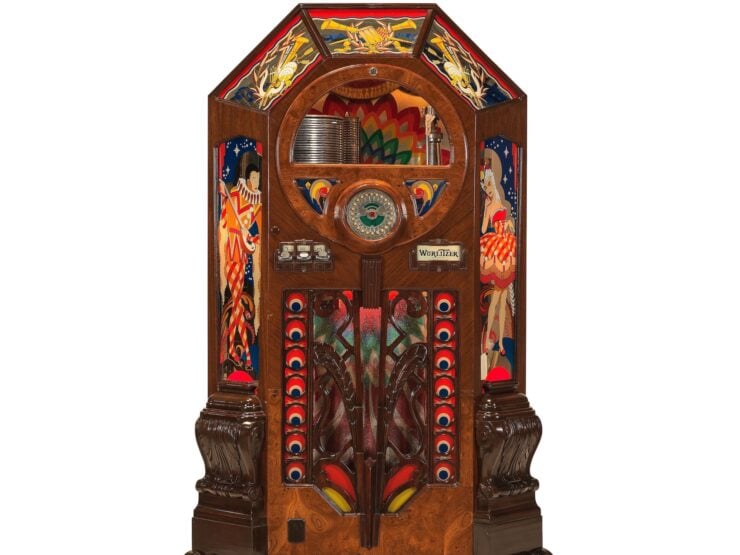

This joke box also comes with a selection of twenty-four rock and roll, blues, and jazz 78 rpm records, and it’s been in the care of the current owner for a remarkable 35 years.
It’s now due to cross the auction block with Bonhams in early February with a price guide of $19,000 – $23,000 USD. If you’d like to read more about it or register to bid you can visit the listing here.
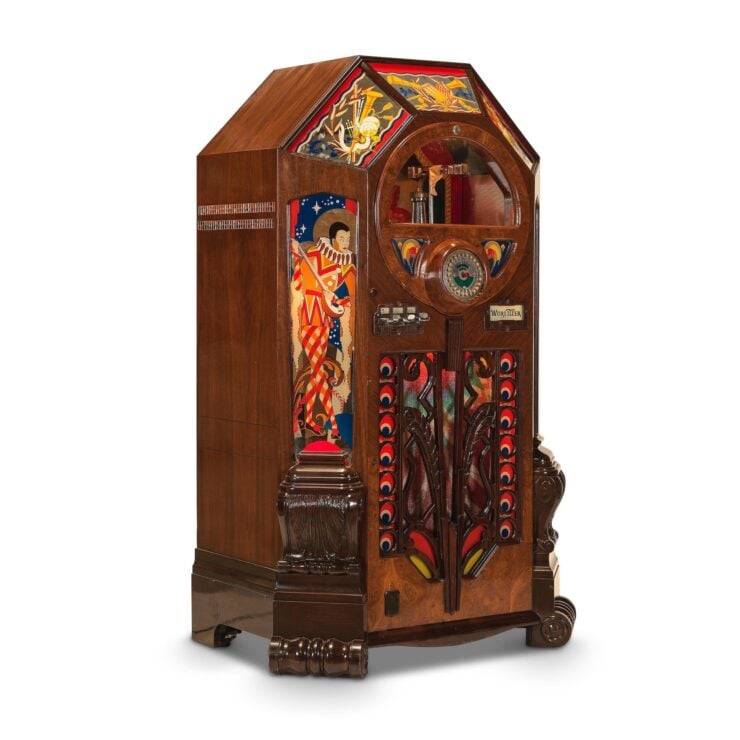
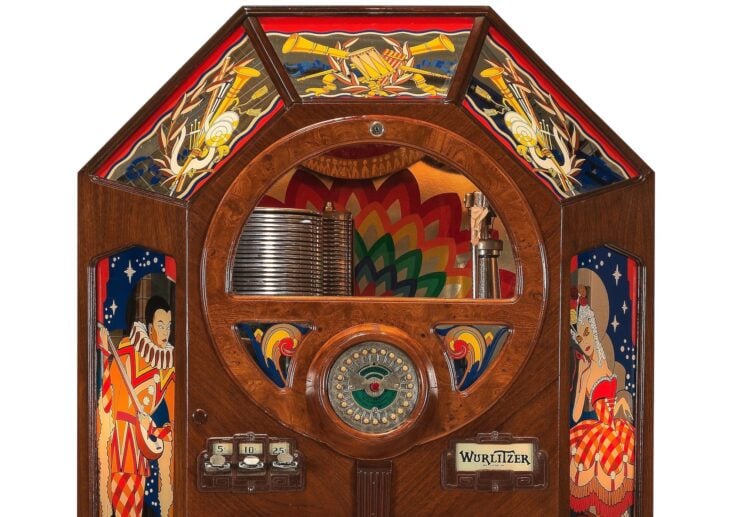
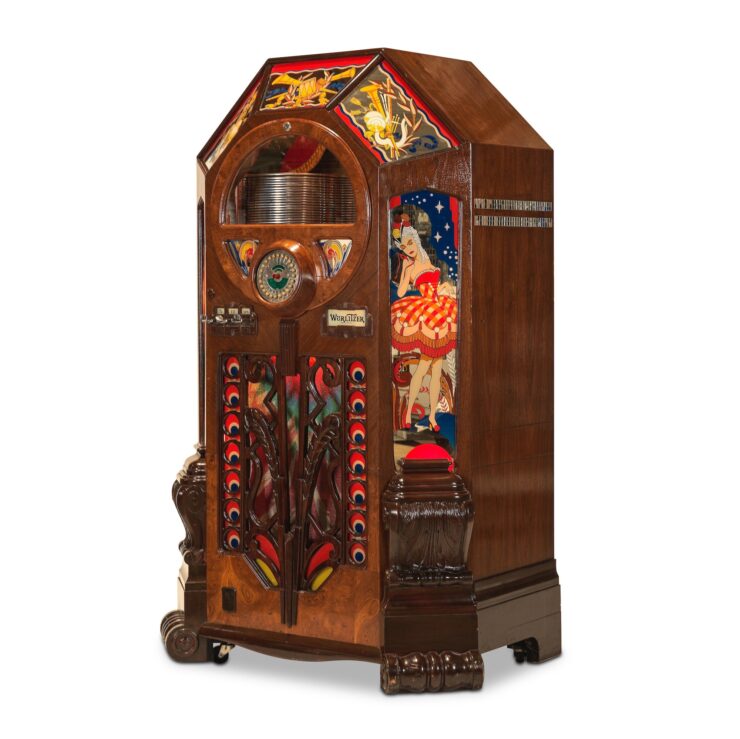
Images courtesy of Bonhams

